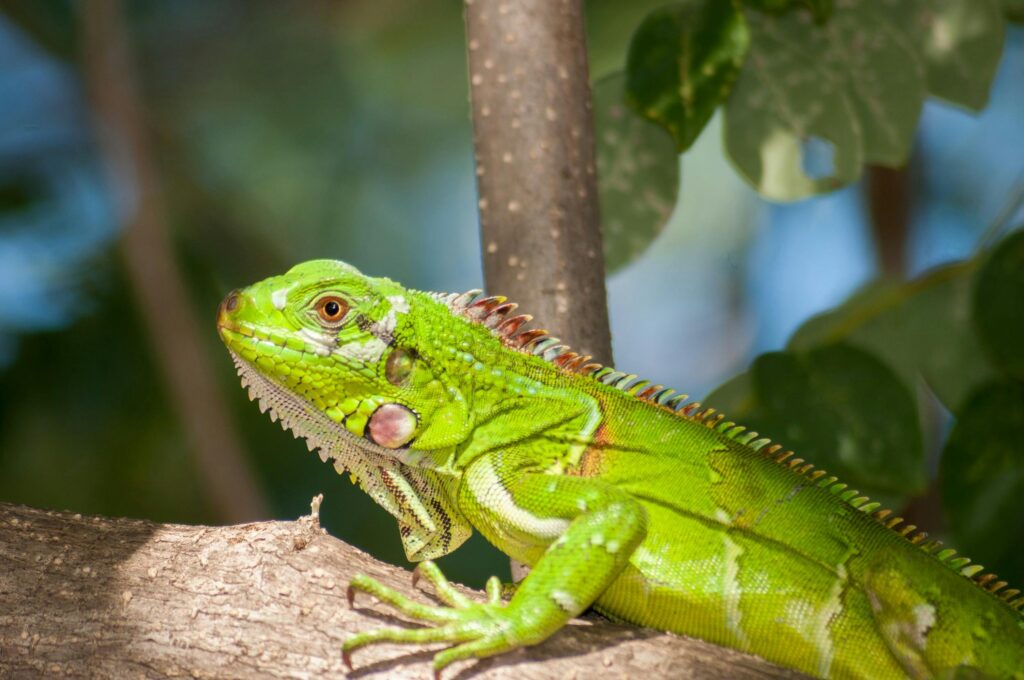Owning an exotic pet can be a deeply rewarding experience, offering a chance to form bonds with rare and fascinating creatures. However, it comes with unique responsibilities that go far beyond those of caring for more conventional pets. Exotic animals often have specialized needs in terms of diet, habitat, and medical care, making their ownership both a privilege and a serious commitment.

Exotic Pet Ownership
Exotic pets are as diverse as their natural habitats. From reptiles and birds to small mammals and aquatic creatures, each species demands a thorough understanding of its biology and behavior. Unlike dogs or cats, whose care routines are well-documented, exotic animals often require meticulous research to ensure they thrive.
For instance, reptiles like iguanas and geckos rely heavily on proper temperature regulation, UVB lighting, and humidity control. Birds such as macaws or cockatoos need mental stimulation to prevent destructive behaviors born out of boredom. Neglecting these intricate requirements can lead to stress, illness, or even premature death for the animal. Before bringing an exotic pet home, prospective owners must be willing to invest significant time into learning about their chosen species.
Legal and Ethical Considerations
One of the first hurdles to exotic pet ownership is understanding the legal framework governing it. Many exotic species are regulated by local, state, or federal laws designed to protect wildlife and ensure public safety. Ignorance of these regulations can lead to fines, confiscation of the pet, or worse.
Ethically, exotic pet ownership also raises questions. Some animals, such as certain birds or reptiles, are removed from their natural habitats, disrupting ecosystems and threatening wild populations. Others may struggle to adapt to captivity despite best efforts. Responsible exotic pet owners should only acquire animals from reputable breeders or rescues, ensuring they are not contributing to the illegal wildlife trade. Researching the environmental impact of your pet choice is a crucial step toward ethical ownership.
Health Care Challenges and Expert Support
Providing proper healthcare is one of the most significant responsibilities of exotic pet owners. Many traditional veterinarians lack the specialized training required to treat exotic species, meaning owners must locate professionals with expertise in exotic animal medicine. For example, reptiles often suffer from metabolic bone disease if not fed a calcium-rich diet with proper lighting, while birds may develop respiratory infections in suboptimal environments.
Institutions such as Brewerton Animal Hospital serve as vital partners in ensuring the well-being of exotic pets. With veterinarians skilled in exotic pet care, they offer tailored services to meet the unique needs of these extraordinary animals. From routine check-ups and vaccinations to emergency interventions, their expertise ensures comprehensive care. Exotic pet owners should plan for these specialized services, as the costs often reflect the advanced knowledge and resources required for treatment.

Creating the Perfect Habitat
Exotic pets require environments that closely mimic their natural habitats. For reptiles and amphibians, this might mean creating a terrarium with precise temperature and humidity controls. Birds, on the other hand, often need large enclosures and plenty of opportunities for flight and mental stimulation.
These setups can be costly and time-consuming to maintain. A parrot’s cage, for example, should not only be spacious but also equipped with various toys and climbing structures. Aquatic pets like turtles or exotic fish need tanks with filtration systems, water heaters, and appropriate substrates to maintain water quality and comfort. Owners must regularly monitor and adjust these environments to keep their pets healthy and stress-free.
Moreover, the importance of enrichment cannot be overstated. Exotic animals are intelligent and active; they can become bored and develop harmful behaviors in monotonous settings. Incorporating variety into their daily lives through toys, foraging activities, or new climbing structures helps maintain their mental well-being.
Commitment to a Long Lifespan
Exotic pets often live much longer than traditional pets. While a dog or cat may live 10 to 20 years, some exotic species can exceed those lifespans significantly. Tortoises, for instance, can live over 50 years, often outliving their owners. Parrots such as African greys or macaws are also known for their impressive longevity, often living into their 40s or 50s.
This longevity means exotic pet ownership isn’t a short-term commitment. Owners must plan for their pet’s long-term care, considering factors like potential relocations, changes in lifestyle, or even arrangements in their wills to ensure their pet’s welfare after their passing. Prospective owners should evaluate their ability to commit decades to their exotic companion before taking the plunge.
Educating the Public About Exotic Pets
Owning an exotic pet inevitably draws attention. These animals are fascinating, but curiosity from friends, neighbors, or even strangers can sometimes lead to misinformation. Exotic pet owners have a responsibility to educate others about the realities of ownership, including the challenges, legal considerations, and ethical concerns.
This responsibility also extends to discouraging impulsive purchases. Many people are drawn to exotic pets because of their uniqueness, without fully understanding the complexities involved in their care. Owners can play an active role in raising awareness about responsible exotic pet ownership, advocating for education, and discouraging illegal or unethical trade practices.
A Rewarding but Demanding Journey
Exotic pet ownership is a unique and fulfilling experience, but it comes with demands that cannot be underestimated. From creating specialized habitats to ensuring access to expert healthcare, the responsibilities of caring for an exotic animal are vast and varied. By committing to thorough research, ethical practices, and lifelong care, owners can provide their pets with the best possible quality of life.
While challenging, these responsibilities also deepen the bond between owner and animal. There’s nothing quite like the joy of watching a happy, healthy exotic pet thrive under your care. For those willing to embrace the journey with knowledge and dedication, the rewards are unparalleled.
